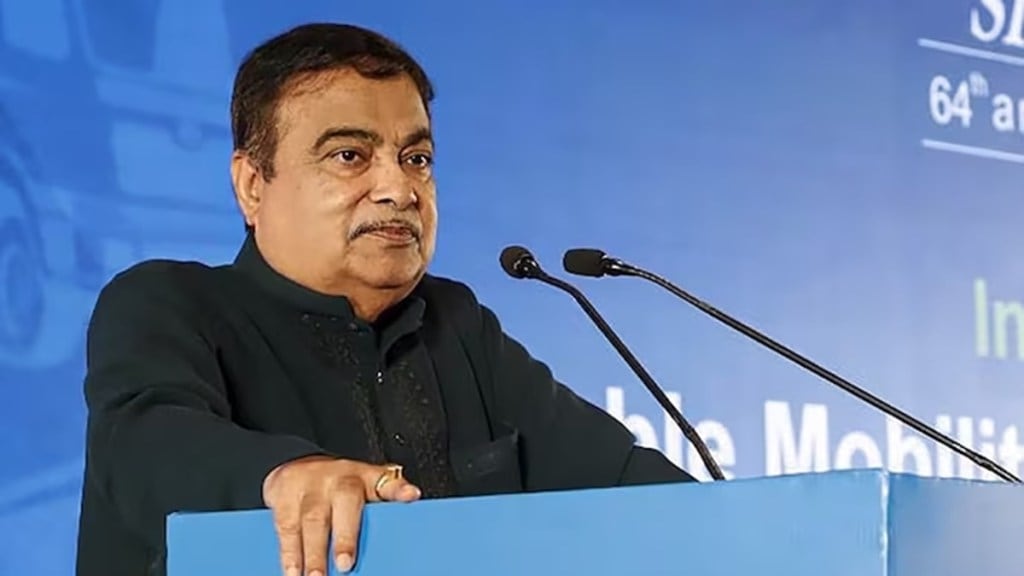Union minister for road transport and highways Nitin Gadkari has called for faster diversification of agriculture into the energy and power sectors. Building on the success of ethanol-petrol blending, he said the focus must now shift to diesel, with plans to blend 10% isobutanol under the biodiesel programme.
From ethanol success to diesel blending push
Speaking at an event hosted by Praj Industries in Pune late Monday, Gadkari said research, development, and standard-setting for isobutanol—a promising alternative biofuel—are in progress. Once finalised, the proposal will be sent to the Prime Minister and the Cabinet for approval. Noting that diesel consumption is two to three times higher than petrol, he stressed the urgency of including diesel in the blending programme.
Dispelling the early “food-versus-fuel” concerns, Gadkari pointed out that India now produces a surplus of rice, wheat, sugar, and corn—so much so that states like Punjab store grain on railway platforms. Converting this surplus into biofuels, he said, has improved farm incomes: corn prices have risen from a minimum support price (MSP) of Rs 1,800 and a market price of Rs 1,200 to Rs 2,600–2,800, with acreage doubling or tripling in Bihar and Uttar Pradesh. Ethanol production, he added, has also rescued the sugar industry from prolonged cane payment delays, allowing timely compensation to farmers. “Around 75% of the industry would have collapsed without ethanol,” he noted.
Praj BioVerse and the bio-economy vision
Praj Industries’ executive chairman Pramod Chaudhari launched Praj BioVerse to build a unified bio-economy ecosystem. The initiative will connect stakeholders to promote innovation, share expertise, and support growth across the value chain—from feedstocks and technology to biofuel products and engine-vehicle applications. Partners include Vasantada Sugar Institute, Piller Blowers & Compressors GmbH, Alfa Laval, the Automotive Research Association of India, Toyota Kirloskar Motor, and Hero MotoCorp.
India has already achieved 20% ethanol blending in petrol—five years ahead of the original target of 2030, Union petroleum and natural gas minister Hardeep Singh Puri said last month.
